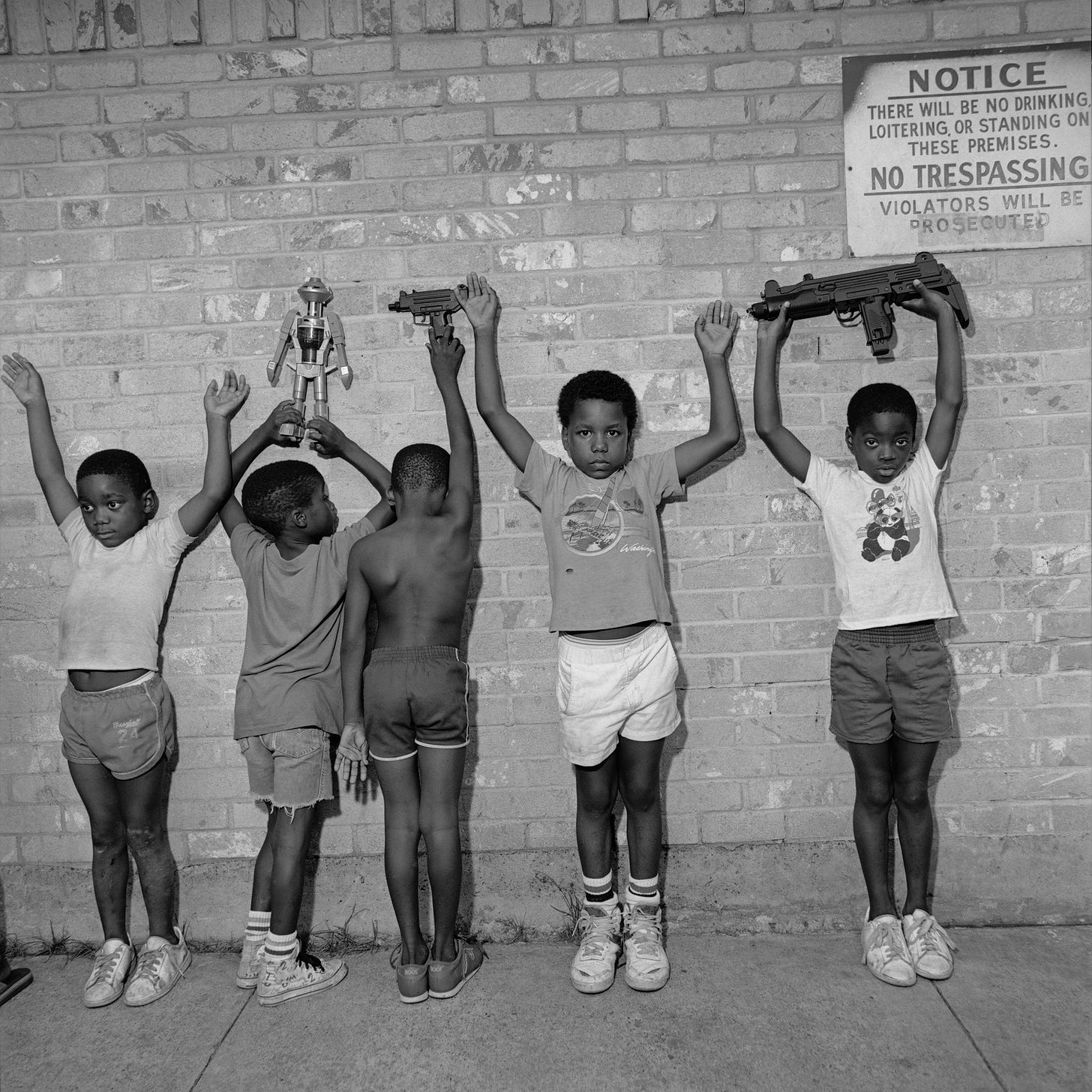A Retrospective Analysis of NASIR: Nas and Kanye's Peculiar Disappointment
We explore the rush job of NASIR.
NASIR, the 2018 offering from Nas, was an album steeped in anticipation. It marked the reunion of Nas and Kanye West, who had previously demonstrated a promising spark of musical chemistry. This time around, however, the outcome was considerably different. What we got was an album that felt disjointed, a body of work that could not reconcile its expansive ambitions with its actual delivery.
This shortfall cannot be attributed solely to Kanye's production. Indeed, his work on NASIR was a grand vision meant to be theatrical and sprawling. Nevertheless, the resulting soundscape was a discordant jumble, often failing to provide a coherent foundation for Nas's storytelling. Take "Cops Shot the Kid," for example, where the repetitive Slick Rick sample becomes grating, diluting the potency of Nas's social commentary.
However, the production wasn't the sole factor in the album's peculiar resonance. Nas, a rapper known for his thought-provoking narratives, delivered verses on NASIR that sometimes were perplexing. The lyrical content, intended to be deep and introspective, often veered into the realm of the esoteric and inaccessible. A case in point is "Bonjour," where Nas's attempt to weave a narrative around luxury and wealth fell flat, coming across as inconsistent and detached from his usual grounded narratives.
Contextually, NASIR was a departure from Nas's past work. Nas, renowned for his insightful commentary on socio-political issues, seemed to have lost his touch in this album. The once sharp and nuanced critic appeared to deliver social commentary that was underdeveloped and clumsy. Tracks like "Not For Radio" and "White Label" lacked the depth of Nas's earlier work, reducing his usually poignant insights to broad, generalist statements.
While it's critical to appreciate an artist's attempt to push boundaries and experiment, NASIR seemed like there needed to be a better approach in this respect. The fusion of Nas's thought-provoking lyrics and Kanye's dramatic production could have been a refreshing blend. Instead, it created a paradoxical vibe, where the album's grandiose presentation often clashed with Nas's grounded storytelling.
In the broader context of the hip-hop genre, NASIR felt like an uncomfortable fit. At a time when the genre was exploring new soundscapes and narrative techniques, NASIR's ambitious yet disjointed approach seemed out of sync. Instead of being a platform for Nas to display his growth as an artist, the album highlighted a certain stagnation, a struggle to adapt to the changing musical landscape.
As for Nas's history, NASIR appeared as a blemish on an otherwise commendable discography. Nas's reputation, built on albums that effortlessly balanced complex narratives with compelling beats, took a hit with this release. NASIR’s shortcomings highlighted the gap between the Nas of yesteryears and the artist we heard on this album.
While the Nas-Kanye collaboration on NASIR had the potential to be a compelling blend of the old and new, the end product was a disappointment. The album was a missed opportunity, failing to recapture the magic of their previous collaborations. Despite its grand ambitions, NASIR fell short, delivering an expansive yet disjointed soundscape and an ambitious yet baffling narrative. Thus, NASIR will be remembered not for its successes but as a peculiar misstep in the discography of Nas, an album that could have been so much more. Still, he’s bounced back with Hit-Boy to deliver his King’s Disease series that resulted in some of his best work in years.


